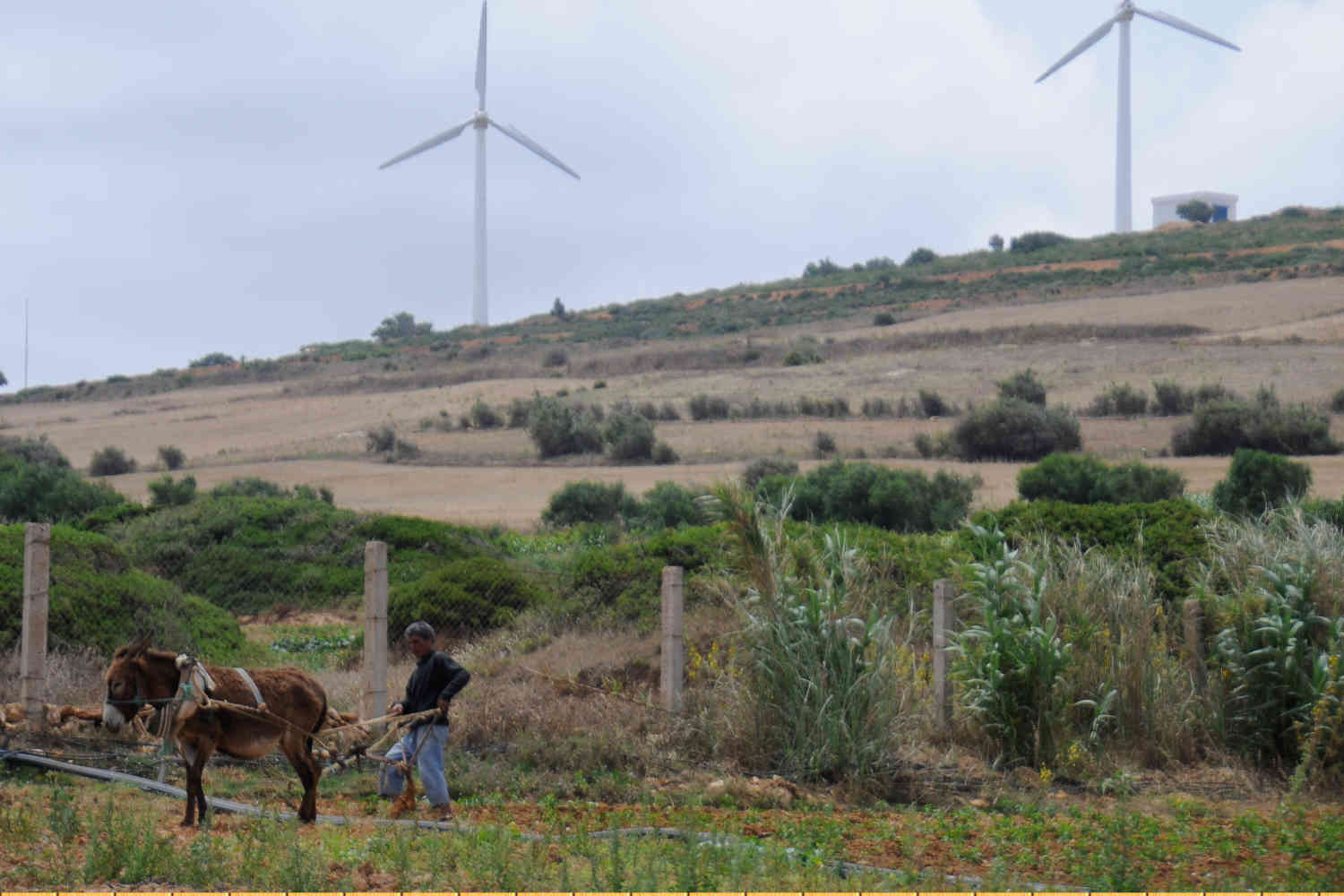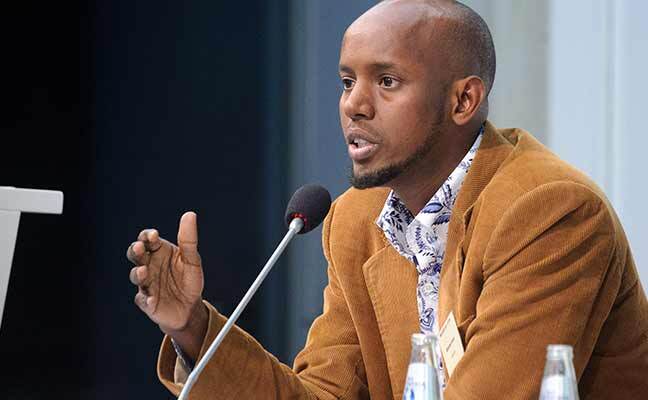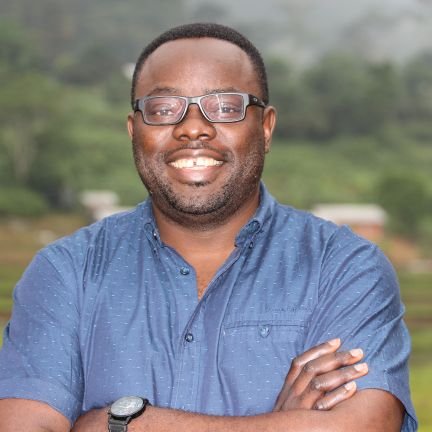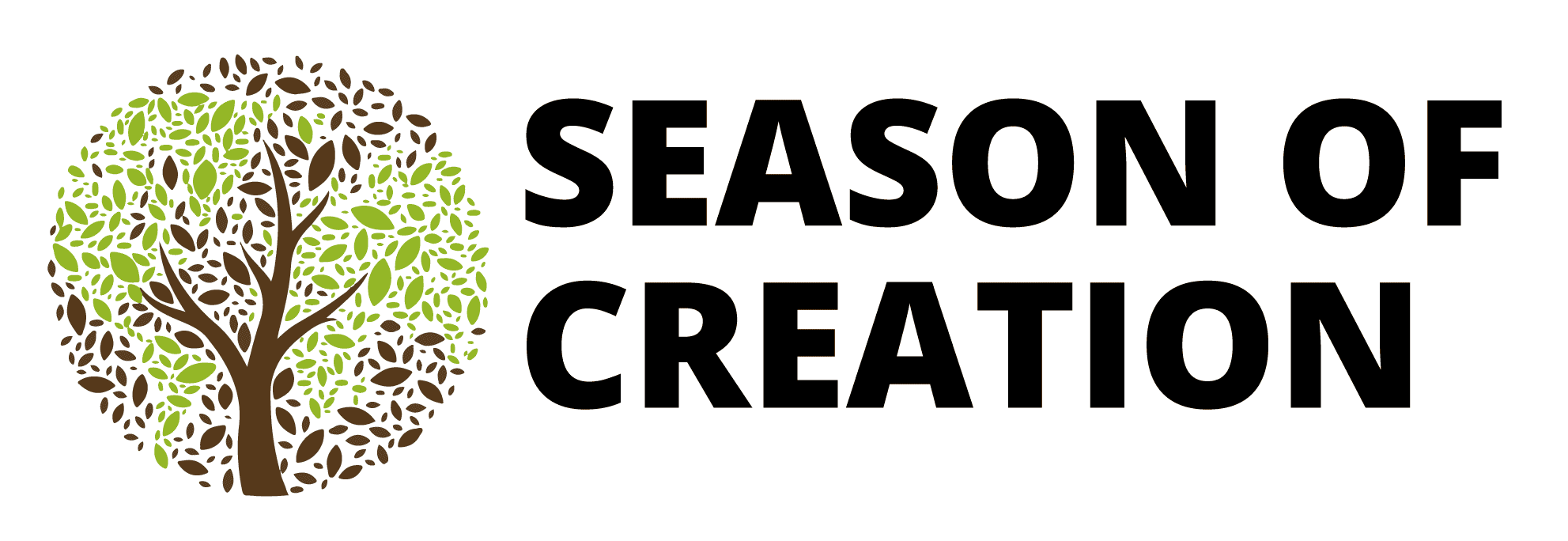

A Tunisian farmer works with his donkey on a wind turbine farm. Photo: Dana Smillie/World Bank
The continent, made up of 54 countries, is the fastest-growing on the planet, and has the capability to lead the world away from the dirty fossil fuels and rising carbon emissions that scientists say are causing climate change.
“There can’t be a solution to climate change without addressing the challenge that fossil fuels pose, but also opening up the opportunity that Africa has,” said Mohamed Adow, the founding director of Power Shift Africa, a Nairobi-based think tank that works to mobilize climate action throughout the continent.
“Let’s get behind that goal and together make the case for Africa to actually lift up [and] help the world transition from fossil fuels and become a green leader.”

‘More droughts and more floods’
Inaction against climate change is projected to have severe consequences for the continent, which is already experiencing climate change in the form of more droughts and less predictable weather, both of which scientists will happen more often as temperatures rise throughout the continent.
All of this is happening in Africa despite the continent having little to do with rising greenhouse gas emissions. Africa’s 1.3 billion people make up about 17 percent of the world’s population, yet contribute less than four percent of the total global emissions.

The webinar, titled, “Refuelling Africa through Ethical Investment,” was the second of four facilitated by the Global Catholic Climate Movement to take place during the Season of Creation, the annual celebration of prayer and action for our common home.
All four webinars are focusing on the need for a just transition away from fossil fuels.
The ecumenical Season of Creation started 1 September, the World Day of Prayer for the Care of Creation, and concludes 4 October, the feast day of St. Francis of Assisi, the patron saint of ecology beloved by many Christian denominations.
All around the globe, Christians are using this special time of the year to renew their relationship with our Creator and all creation through celebration, conversion, and commitment.
Thousands of Christians have organized and registered events, including online prayer services, interactive webinars, and in-person events, such as creation walks and river clean-ups, to help them and their fellow Christians find radically new ways of living with creation.
‘The future of Africa’s development is not fossil’

Thuli Makama, Oil Change International’s Senior Advisor for Africa, pointed out how we all need to work towards a new future that doesn’t so heavily rely on fossil fuels.
The global fossil fuel industry is becoming increasingly unstable as demand for its products declines around the world, she said.
“Our economic development cannot be pegged to the state of the fossil fuel industry because it’s a volatile [industry],” said Makama, a 2010 Goldman Environmental Prize recipient for her work in helping the people of Swaziland.
Yet despite such volatility and decreasing demand, oil companies are trying to build new infrastructure, including the East Africa Crude Oil Pipeline in Uganda and Tanzania-East African region. If built, this pipeline would have devastating effects on the surrounding communities and ecosystem.
Makama noted that the continued extraction of fossil fuels won’t help the continent keep warming below the 1.5 degrees (Celsius) agreed upon in the landmark 2015 Paris climate agreement.
Fossil fuel extraction to date also hasn’t helped the continent meet its local energy needs. Some 600 million people on the continent lack electricity.
“Extraction is for export,” she said. “It is business. It is about increasing the profit margins for the companies.”
‘We can create a grassroots movement’
A better future, however, can await the entire continent and all of us, said Eugene Nforngwa, the thematic lead for Just Transition and Energy Access at the Pan-African Climate Justice Alliance, a consortium of more than 1,000 organizations from 48 African countries.

Eugene Nforngwa
With more investment and future work on the energy system, Africa can help lead the way, as has been evident in other countries on the continent.
“When local communities are sufficiently mobilized, they can stand up even against the strongest forces you can imagine,” Nforngwa said.
“The people of Africa need to be told that fossil fuels may solve your energy access needs, but could cost them more problems, and that there is an alternative, which is cleaner, it’s cheaper.”
